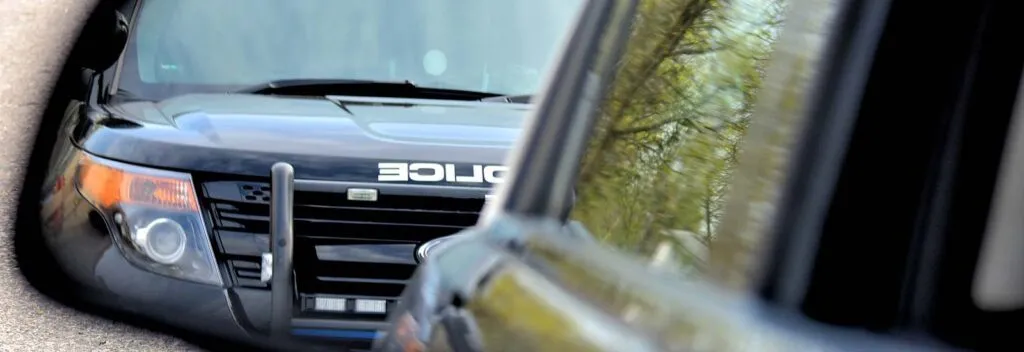If you have a drunk driving conviction, or even a pending charge, and are applying to go to college, the best thing you can do is to get in front of the issue and be honest about the conviction. OurMassachusetts OUI defense attorneydetails that whether or not the DUI will affect your chances of getting into a particular school will come down to that college’s admissions board. Some schools might ignore it, some schools might ask you to write an addendum explaining the circumstances, and others might just use it as an additional factor to compare you to other students applying to that school, and in this case, it could be a factor in a rejection. However, as the great Stoic philosophers were fond of saying, you can use any obstacle as an opportunity. A conviction on your record may be the topic of a fantastic admissions essay where you can discuss the lessons you’ve learned as a result of your experience with thecriminal justice system.
Will my College Application be Denied if I’ve Been Convicted of Drunk Driving?

If you’re filling out the Common Application, certain schools may ask you to discuss any past or present disciplinary infractions. This will vary depending on the school you apply to, so make sure you read the question very carefully. Here is aPDFlisting the schools that inquire about disciplinary actions.
Lying on the application could have consequences in the future.
For example, if you apply to internships or jobs while in college, even if the college did not look at your record while you were applying, someone hiring you might run a background check on you and see not only a conviction but that you were dishonest on the college application.
When disclosing a DUI conviction, it also might be helpful to mention if you’ve taken any actions since getting a DUI.
For example, if youattended any alcohol rehabilitation programsor did any volunteer work following a conviction.
For a free legal consultation, call (781) 740-0800
Do I need to Disclose Juvenile Convictions or Sealed Convictions?
In Massachusetts, juvenile records are more protected than adult records. Unless your case was transferred to Superior Court for prosecution, you may answer “no record” because it will not be part of your CORI. Law enforcement and courts, however, will have access to these records.Convictions do not automatically disappear when you turn 18.
If your record has been sealed, it is unlikely that the college will “see it.” However, if you plan to apply to grad school or law school in the future, it is possible they could run background checks on you, and in that case, these convictions may still be found. If you are interested in having your juvenile record sealed, or having certain convictions expunged, talk to an attorney to see if that may be possible under your circumstances.
Schedule a Free Consultation with a Massachusetts OUI Lawyer Today
If you’ve been arrested on an OUI/DUI charge, domestic violence, disorderly conduct, or drug possession, you should speak to an experienced defense attorney as soon as possible. You cancontact us onlineor call our office directly at(781) 740-0800to schedule your free consultation with one of our top-notch defense lawyers. We have been proudly servicing clients throughoutNorwell, Massachusetts, and surrounding areas such as Plymouth, Barnstable, Nantucket, and more.
Call or text (781) 740-0800 or complete a Free Case Evaluation form



